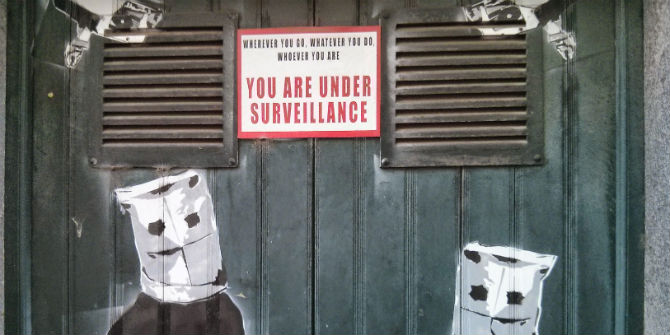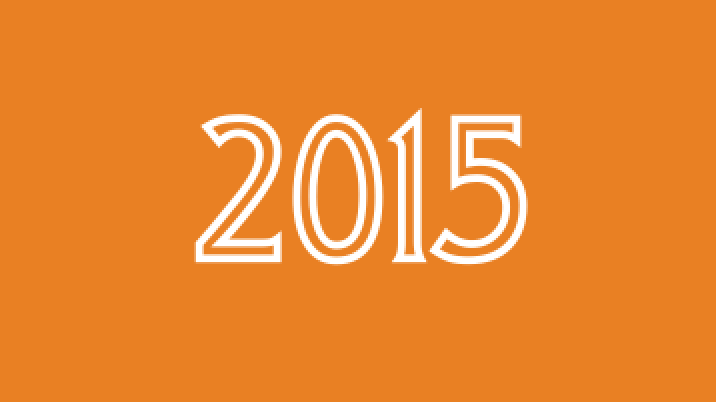 On 2nd May 2012, the European Commission established the first European Strategy for a Better Internet for Children, in a Communication from the Commission to the European Parliament, the Council, the European Economic and Social Committee and the Committee of the Regions. One year on, the Department of Media, Culture and Sport has written to members of the UK Council for Child Internet Safety (and, doubtless, to others), to invite feedback on the Communication and whether its proposed actions are feasible. As director of the pan-European research project, EU Kids Online, I was delighted to see that our findings on children’s experiences of online risks and opportunities underpin the Communication’s recommendations. As an Executive Board member of UKCCIS, I am keen to encourage DCMS to offer its strong support of the Communication and its proposed actions. By now we should have a great story to tell, but I worry that the UK makes more grand promises than it delivers in practice. It’s time to demonstrate the effective implementation of industry guidance and safety plans, school curriculum innovation and public awareness campaigns.
On 2nd May 2012, the European Commission established the first European Strategy for a Better Internet for Children, in a Communication from the Commission to the European Parliament, the Council, the European Economic and Social Committee and the Committee of the Regions. One year on, the Department of Media, Culture and Sport has written to members of the UK Council for Child Internet Safety (and, doubtless, to others), to invite feedback on the Communication and whether its proposed actions are feasible. As director of the pan-European research project, EU Kids Online, I was delighted to see that our findings on children’s experiences of online risks and opportunities underpin the Communication’s recommendations. As an Executive Board member of UKCCIS, I am keen to encourage DCMS to offer its strong support of the Communication and its proposed actions. By now we should have a great story to tell, but I worry that the UK makes more grand promises than it delivers in practice. It’s time to demonstrate the effective implementation of industry guidance and safety plans, school curriculum innovation and public awareness campaigns.

Framed in terms of the EU Agenda for the Rights of the Child, also announced a year ago, the Communication states that its “strategy is articulated around four main ‘pillars’ that mutually reinforce each other (1) Stimulating quality content online for young people; (2) Stepping up awareness and empowerment; (3) Creating a safe environment for children online; and (4) Fighting against child sexual abuse and child sexual exploitation. It proposes a series of actions to be undertaken by the Commission, Member States and the whole industry value chain.”
High quality content online for children and young people
In this area of action, the UK is doing rather well, but could do still better. Half (56%) of UK children say it is ‘very true’ and 40% say it is ‘a bit true’ that there are lots of good things for them to do online; only 4% say the statement is ‘not true’. UK children are, therefore, more satisfied than most European children for whom, on average, only 44% say it is ‘very true’ that there are lots of good things to do online.
Ofcom figures give us some hints as to why. Top sites visited by UK 5-15 year olds in 2012 include Google (which gives UK children access to many more language-appropriate sites than are available for children from minority or small language communities across Europe), Facebook (beneficial for many but more problematic when this is fourth even in the ranking of sites visited for UK 5-7 year olds), YouTube (again, fun for many but also the source of fear and distress to a fair number), and the BBC (providing excellent content for children that is the envy of many across Europe).
Here, then, the UK has the capacity to lead in ambitious visions for and provision of online content that can stimulate, entertain and benefit children across Europe. As jury chair for the “European Award for Best Children’s Online Content”, I strongly support further initiatives from the UK in support of this goal. What, I wonder, are the coming UK initiatives in this area?
Stepping up awareness and empowerment
This includes two actions – digital and media literacy, and teaching online safety in schools; and scaling up awareness and youth participation. Here I am more worried.
My 2013 assessment of progress in UK levels of media literacy (which shows little improvement across a range of key indicators) shows that one third of 12-15 year olds do not check the reliability of new websites they use (a figure barely changed over the past six years). It also shows that only one in five primary and two in five secondary school pupils are taught to critique television messages at school, although most are taught how about the internet. Nonetheless, this knowledge does not seem to usher them into the networked age: only one in five UK 12-15 year olds, supposedly the ‘digital natives’, has made and uploaded video content online, again a figure that shows no increase in recent years. And as EU Kids Online findings show, only 59% of UK 11-6 year olds can change their social networking privacy settings or and only 58% say they can judge the validity of websites. Meanwhile, half (51%) say they have spent less time with family and friends than they should because of time they spend on the internet (much higher than the 35% European average).
As for teaching online safety, although it is great that this is now included in the Ofsted inspection regime, it is really worrying that this may be dropped from the secondary school national curriculum (as per the DfE’s just-closed consultation), as I have commented earlier. Although, thankfully, the draft curriculum does mention e-safety in the primary curriculum, it does so only in the context of IT teaching, relegating to a technical matter the kinds of issues that should be dealt with in the context of personal, social and health education. Teaching e-safety in a digital age should be mandatory for all schools and all ages; but since the risks are often personal, social or sexual, this should be achieved with considerable sensitivity and care.
On awareness-raising, the Commission requires that member states should undertake national awareness raising campaigns, drawing on the views of children and possibly in partnership with industry which, in turn, should provide funding and technical support to NGOs and education providers as well as disseminating awareness material directly to customers. Although I am aware of many good practice initiatives in this regard – from industry and NGOs, I have seen few if any independent evaluations of their effectiveness in reaching the majority of the population. Meanwhile, it seems that government awareness-raising budgets have been cut entirely. This is, simply, insufficient.
On the expected provision of simple and robust reporting tools for users, let me quote from the EC Communication: “Industry should establish and deploy EU-wide, in cooperation with relevant national actors, a mechanism allowing children using their services to report harmful content and conduct. This should be visible, easy to find, recognisable, accessible to all and available at any stage of the online experience where a child may need it. It should have clear and commonly understood reporting categories and a clear back-office infrastructure ensuring a fast and appropriate follow-up.”
Considerable efforts have been made here, and many sites used by children now do provide a visible reporting tool. But whether this is easy to find, recognisable, and with commonly understood reporting categories is unknown, and an independent evaluation which consults children themselves is sorely needed. Anecdotal reports abound that children report problems and do not receive the fast or appropriate follow up they expect. A few years ago, this problematic state of affair was verified by the Commission’s independent assessment of the EU-wide Safer Social Networking Principles in 2010 and 2011. Have matters improved since? There’s no evidence available to answer this question, though in 2010 the EU Kids Online survey found that only 13% of 9-16 year olds who had been upset or bothered by an online risk had actually used the reporting tools.
Creating a safe environment for children online
This calls for the provision of age-appropriate privacy settings, wider availability and use of parental controls and wider use of age-ratings and content classification. I have written about these matters before in the LSE’s Media Policy Blog. Suffice to say here that, as above, there is more work to be done. For example, on parental controls, it is especially important to move from restrictive to empowering tools to help parents mediate their children’s internet use. On content classification, we need more honesty in discussion just what we do and don’t want our children to engage with online, rather than hiding behind moral panics about porn.
Looking across the policy domains, it seems clear that the Commission expects active efforts from member states and industry, including independent testing and evaluation to track progress and public campaigns to ensure parents and children can take advantage of improved provision. This sounds like good governance to me. Indeed, I can’t find much in the Commission’s Communication to disagree with, and I think many UK parents would consider it a great framework for action. To be sure there are reasons to fear heavy-handed or disproportionate interventions that trample on both adult and child rights, but I don’t see that these are being proposed and, therefore, I do not see a reason to hold fire on implementing the Communication’s expectations.
The fourth area – fighting against child sexual abuse and child sexual exploitation – I will leave others to comment on, since it is outside the remit of EU Kids Online. But of course it is important, and we should be proud of the excellent work undertaken by UK organisations taking this action forward.
Conclusion
There have been considerable efforts in recent years – on the part of the UK and the EC. This is welcome indeed. But it is imperative that the UK keeps children’s internet opportunities and safety clearly in its sights because the array of risks is shifting all the time, the age of internet users gets ever younger, and the sheer complexity and importance of online services in all our lives continues to expand faster than families can get to grips with them. Of course parents and children learn more all the time, and there are many ways in which they have had to wise up fast. But there are many with a stake in advancing a digitally competitive UK, and they too must ensure that children are empowered not endangered in the process. The UK has long been proud of its standing as a leader in this field – it’s important that we don’t drop the ball now, and that we can resource and implement the effective and proportionate delivery of positive policy initiatives. Ambitious claims must be followed through with demonstrable outcomes.





